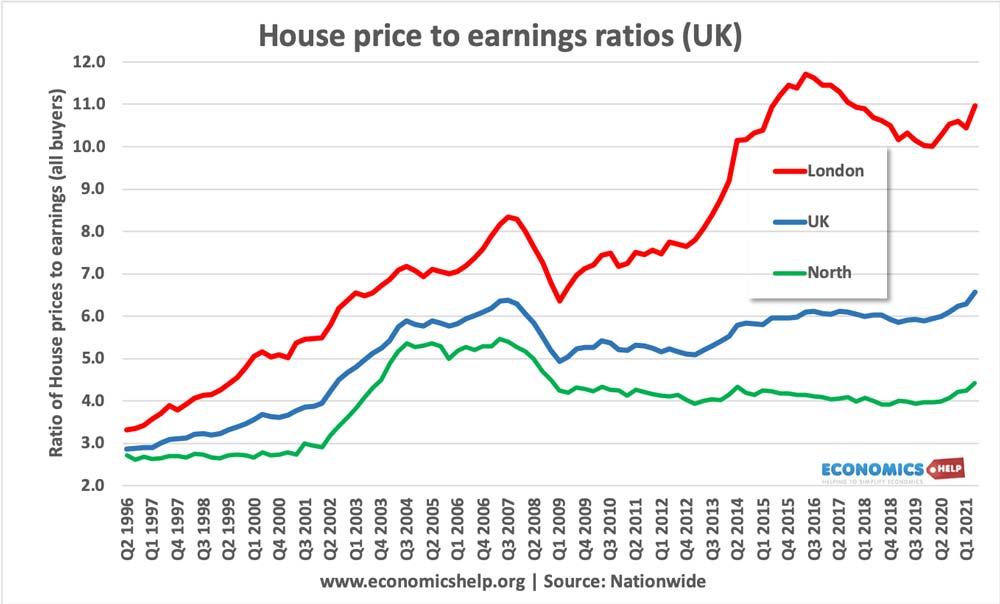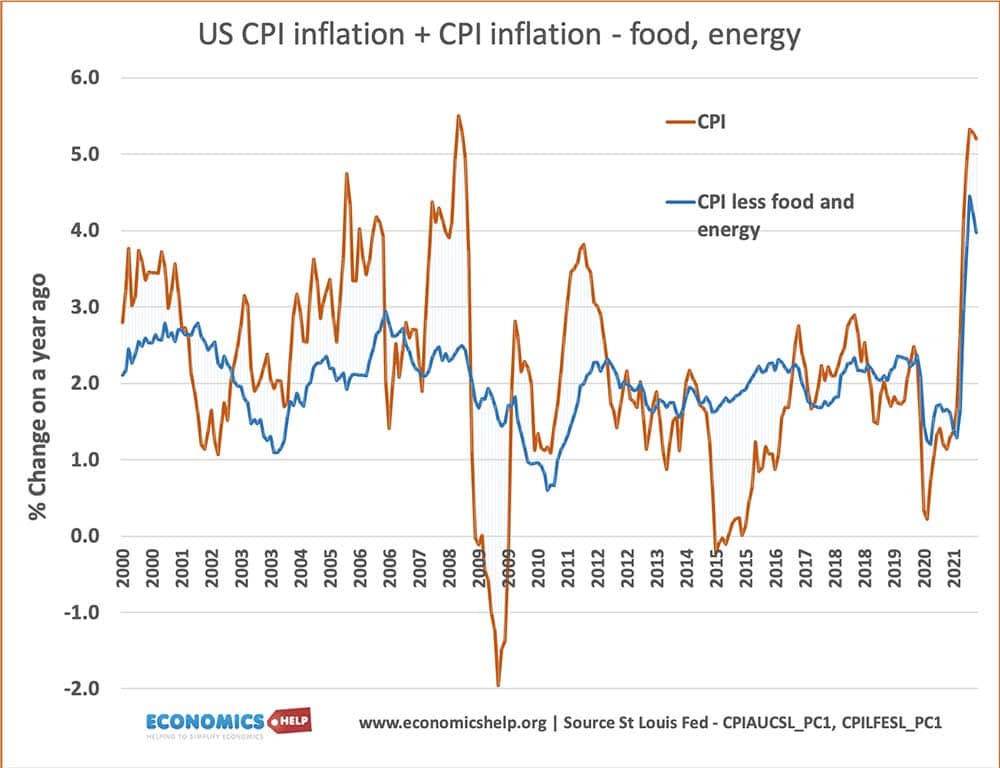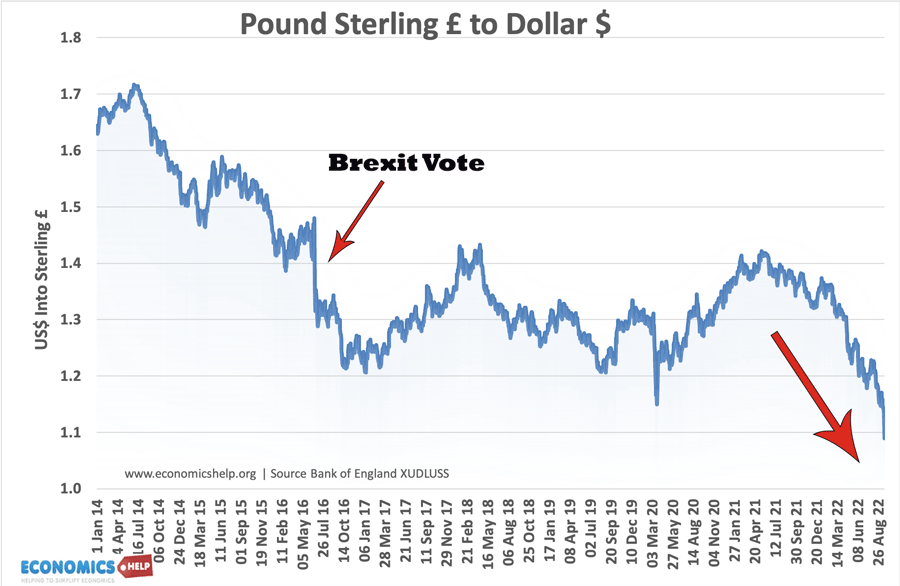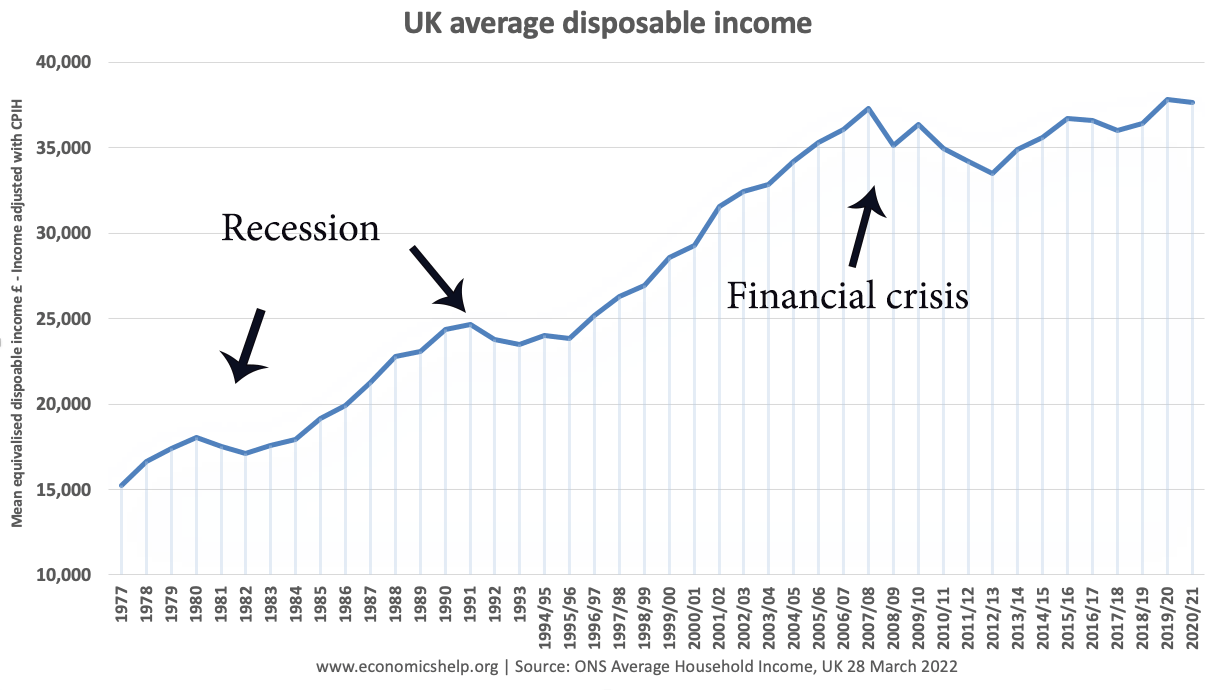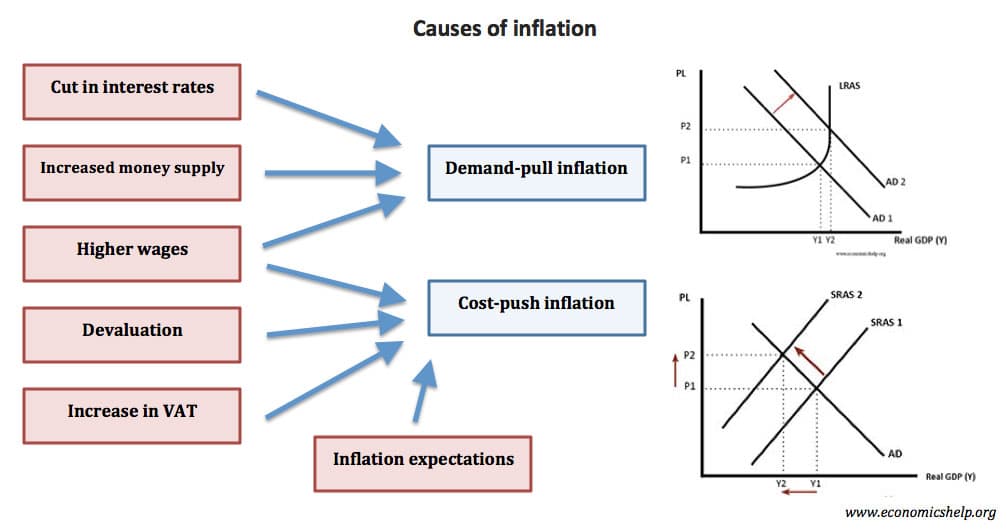Causes of recessions
Recessions (a fall in real GDP) are primarily caused by a fall in aggregate demand (AD). A demand-side shock could occur due to several factors, such as A financial crisis. If banks have a shortage of liquidity, they reduce lending and this reduces investment. A rise in interest rates – increases the cost of borrowing …

